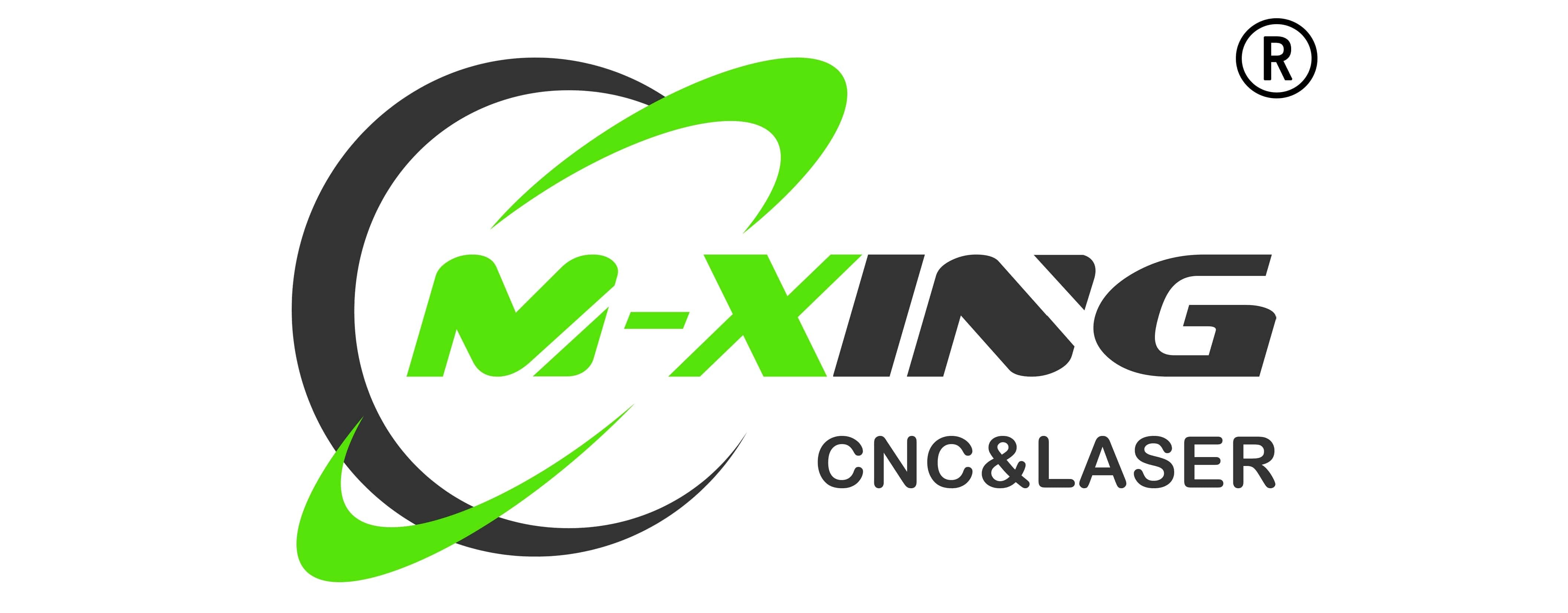Blog
1. Metal Materials
Laser cutting machines are highly effective in cutting various metal materials, making them a staple in industries like automotive, aerospace, and metal fabrication.
Carbon Steel
Laser cutting machines can easily cut various thicknesses of carbon steel, offering high precision, especially in large-scale production and intricate cuts.Stainless Steel
Laser cutting is ideal for stainless steel, providing smooth and clean cut edges. It's commonly used in industries such as medical equipment, kitchenware, and automotive.Aluminum Alloys
Laser cutting technology offers precise cutting of aluminum alloys, which are widely used in aerospace, automotive, and electronics manufacturing.Copper & Brass
Laser cutting machines are also capable of cutting copper and brass, which require high power due to their excellent thermal conductivity, ensuring high-quality cuts.
2. Plastic Materials
Laser cutting machines are not only suitable for metals but also perform well with various plastic materials, widely used in packaging, signage, and electronics.
Acrylic
Acrylic is one of the most commonly cut materials with lasers, providing clear cutting lines and smooth edges. It's often used for displays, signage, and decorative pieces.PVC (Polyvinyl Chloride)
Laser cutting machines efficiently cut PVC, which is widely used in signage, home décor, and packaging applications.Polycarbonate
Laser cutting can be used on polycarbonate, a material commonly used for transparent panels, protective covers, and displays, providing high-quality results.
3. Wood Materials
Laser cutting machines excel at cutting wood with high precision, commonly used in arts and crafts, furniture, and home décor.
Plywood
Laser cutting can easily handle plywood of various thicknesses, making it ideal for artistic creations, models, and furniture manufacturing.Solid Wood
Laser cutting is often used for engraving and fine cuts on solid wood, popular in creating home décor and custom woodwork.MDF (Medium Density Fiberboard)
MDF is a popular material for laser cutting due to its fine grain, ideal for furniture manufacturing, interior design, and crafts.
4. Textile Materials
Laser cutting is increasingly used in the textile industry to achieve precise and efficient cuts, especially in garment manufacturing and home textiles.
Fabric
Laser cutting can cut various fabrics like cotton, silk, wool, and synthetics with high precision, ideal for fashion, upholstery, and home textiles.Leather
Laser cutting technology is commonly used to cut leather, providing detailed engravings and intricate cuts for products like shoes, handbags, and accessories.
5. Paper and Cardboard Materials
Laser cutting machines can cut various thicknesses of paper and cardboard, used extensively in packaging, advertising, and crafts.
Cardboard
Laser cutting is ideal for cutting cardboard quickly and accurately, often used in creating packaging boxes, display boards, and marketing materials.Card Stock
Laser cutting offers fine details in card stock, commonly used for greeting cards, invitations, and custom craft items.
6. Composite Materials
Laser cutting machines also offer unique advantages when cutting composite materials, capable of cutting multi-layer materials without damaging them.
Carbon Fiber
Laser cutting can be used to cut carbon fiber, a high-performance material used in aerospace, automotive, and sports equipment manufacturing.Fiberglass
Laser cutting fiberglass is commonly used in construction, automotive, and other industrial applications, offering precise and clean cuts.
Conclusion
Laser cutting machines offer high precision, efficiency, and flexibility, making them ideal for cutting a wide variety of materials, from metals and plastics to wood, textiles, and composites. Choosing the right laser cutting machine for your materials ensures better quality cuts and optimized production. When selecting a laser cutting system, consider factors like material type, thickness, and hardness to achieve the best results.


